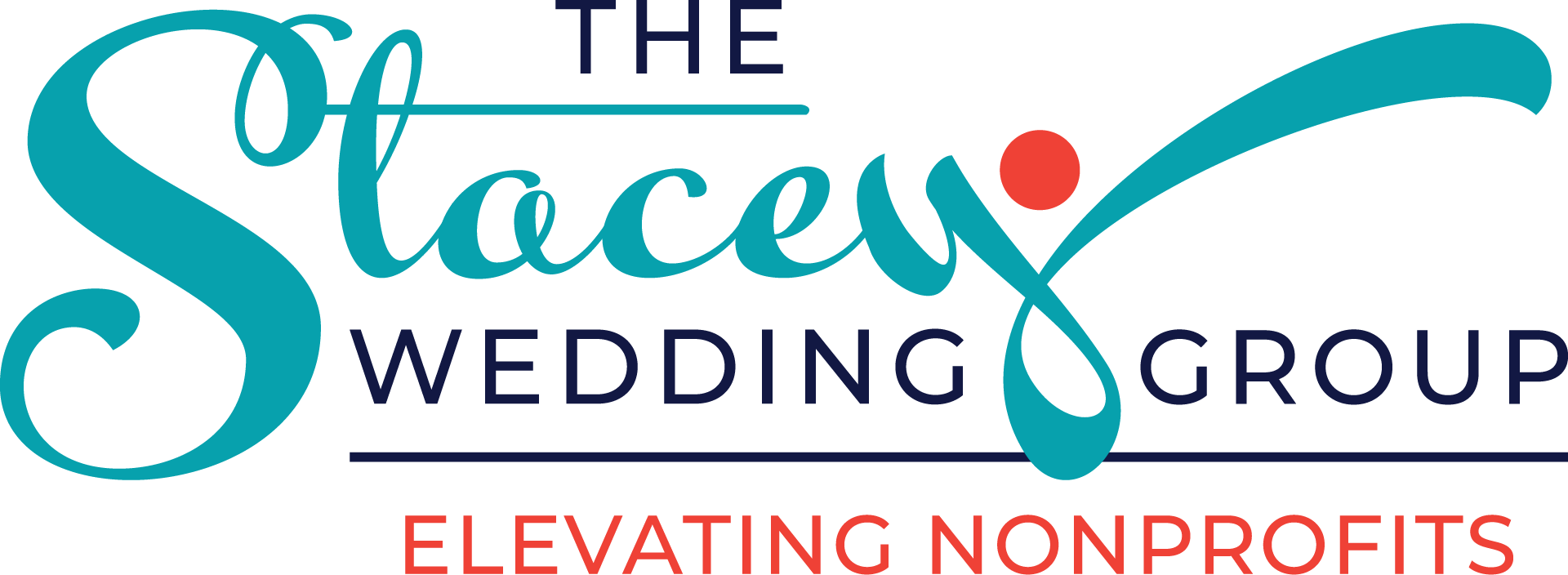In Seth Godin’s blog “In control,” he asks, “Do you know anyone who has managed to gain control over things outside of their grasp?” He then uses the example of honking at traffic as an expression of the need to control the uncontrollable.
I wish I could say I weren’t guilty of this, but lo and behold, here I go adding yet another thing to my never-ending “self-improvement” list.
Sadly, I’m not alone. In my executive coaching with nonprofit staff and board leaders, a common theme arises — anxiety and control. Both of these tend to be inextricably linked. Here’s what it sounds like:
- I have a long-term employee who is beloved by our clients. I’m worried she might be thinking about retirement.
- We have a board member who is absent, and it’s hurting morale of our board members who are showing up and working hard. What if I lose my good board members?
- Is it really that hard for someone to say, “thank you?”
- If we don’t get this grant reimbursement soon, our organization won’t be able to make payroll.
I’m sure you’ve got your own litany of examples to add to this list.
Lately, though, I’ve been reminding myself and my clients of the power of release. Imagine if you let go of the anxiety and worry about those things you can’t control. Then consider how much more energy you would have to put into those areas within your influence. Let’s use the list above as an example:
| Source of Anxiety | Areas You Can Influence |
| I have a long-term employee who is beloved by our clients. I’m worried she might be thinking about retirement. | Have an honest conversation with her about your concerns and enlist her support to work with you on creating a succession plan to activate when the time comes. |
| We have several board members who are absent, and it’s hurting morale of our board members who are showing up and working hard. What if we lose our good board members? | Share your concerns with your Board Chair and/or Governance Committee. Ask them to come up with some solutions such as (a) talking to the absentee board members about their lack of engagement, (b) getting a commitment from them moving forward, and (c) being clear with them and the board on how you will activate accountability moving forward |
| Is it really that hard for someone to say, “thank you?” | Gratitude is often reciprocal. Start exercising your own gratitude muscle more (doing it authentically, of course). Instead of waiting for that “thanks,” be the first to share it and see what happens in return. |
| If we don’t get this grant reimbursement soon, our organization won’t be able to make payroll. | Enlist the thought partnership of your Treasurer and/or Finance Committee. Can you secure an interest-free loan from one of your donors or perhaps a more formalized loan through your lending institution? Consider what you can put in place now to avoid a situation like this in the future. |
Action often dissipates anxiety. Heck, just thinking through potential solutions lowers my blood pressure!
In a world that has felt out of control with the war in Ukraine, racial and political unrest, and a pandemic that feels like it may linger forever, now seems like as good a time as any to shift our focus.
And in the words of Seth, “What would happen if…we worked on the things we can influence instead?”
Hat tip to your success!

P.S. Do you want to get updates on our most recent blogs and other free resources we offer? Sign up here for our bi-monthly e-newsletter, The SWGazette.

